We heard it often: “Would Hispanics contribute financially to our ministry or cause?” The reason Christian organizations are concerned is because they have not cracked the “formula” to mobilize the Spanish community to give. The lack of satisfactory results has led many organizations to abandon their efforts and discouraged others to even try.
However, a recent fundraising event demonstrates Hispanic philanthropy is stronger than ever. Last December, Univision (the largest Hispanic TV Network in USA) secured over 15 million dollars during its annual TELETON (a concept similar to a sharathon). They interrupted the programing to raise awareness and funds for children with cancer, disabilities, and autism. Celebrities and families in need participated during the 30-hour event. This was the fifth year that Univision has held this event, and each year the audience enthusiasm and participation grows. The momentum from this year’s event allowed the network to exceed its target goal and almost doubled the donations received in 2011.
What can faith organizations learn from this?
First of all, Latinos do have the heart and money to get behind charitable causes. But such causes must align with their values and be presented in a culturally authentic way. This is where ministries that have tried to attract Spanish donors have often failed. They assume that a direct translation of the appeal delivered through a direct mail piece should trigger the same positive response as does in English. When the campaign does not yield the expected result, they naturally question whether the potential is real. We have seen this pattern happen many times and empathize with the hesitation. However, the failure has little to do with the audience and much to do with the approach. Ministries need to learn to speak to the hearts of Hispanics and that takes more than sending a translated letter.
The incentives to give must also be contextualized. For example, tax exemption benefits are not primary drivers. However, transparency, stewardship, and community are highly appreciated. This is because many Hispanics grew up in poverty, and have struggled to move up the ladder, both socially and economically. They are more educated, affluent, and influential now, but that has come at a very high cost – either to them personally, or to their parents. If they are to give, Hispanics expect readily available information about the cause. They would then consult with family, friends, or church leaders. And they would likely want to talk with a real person in the organization to remove any doubts and build a relationship. Respecting this process is the key to establishing the trust required for conversion and long-term loyalty.
There is a way for your ministry to raise funds from Hispanics and the opportunity is wide open. If you want to be effective in reaching this population, we can help. It will require a shift in your paradigm. Are you ready?

